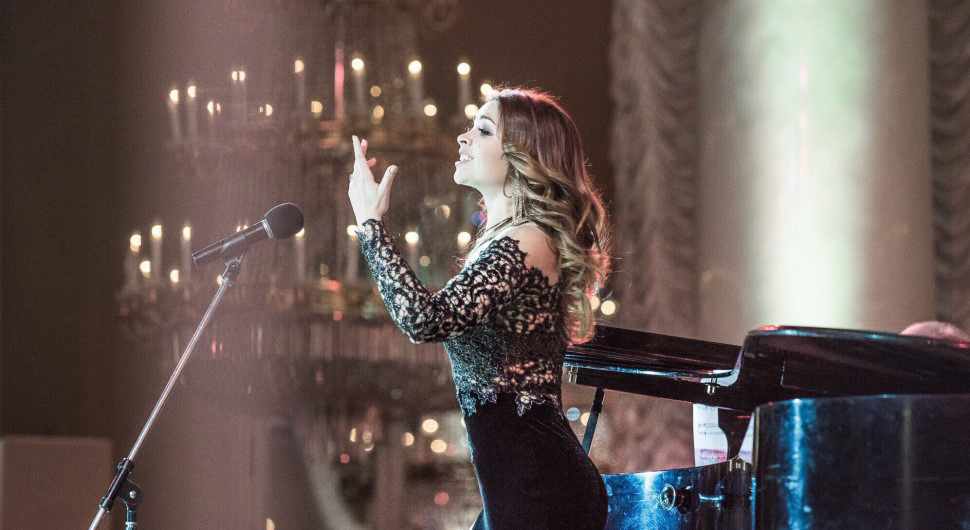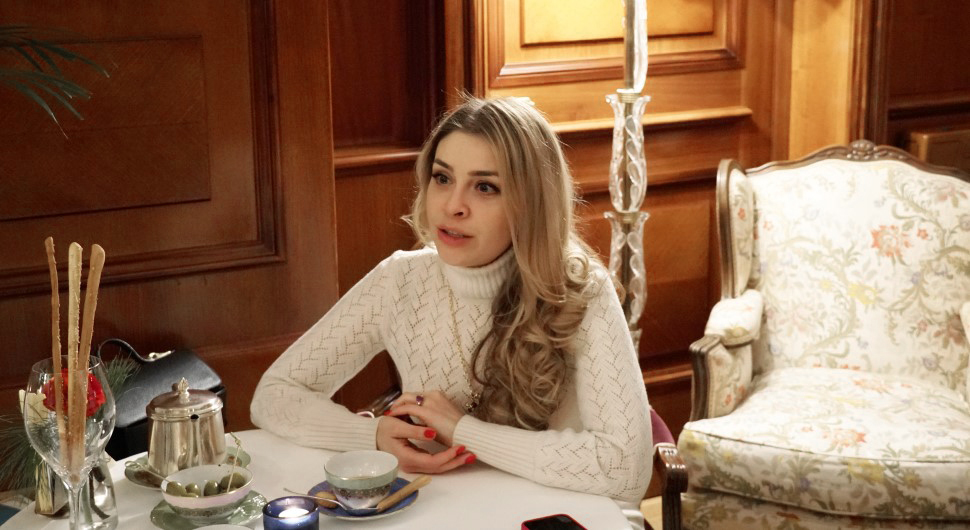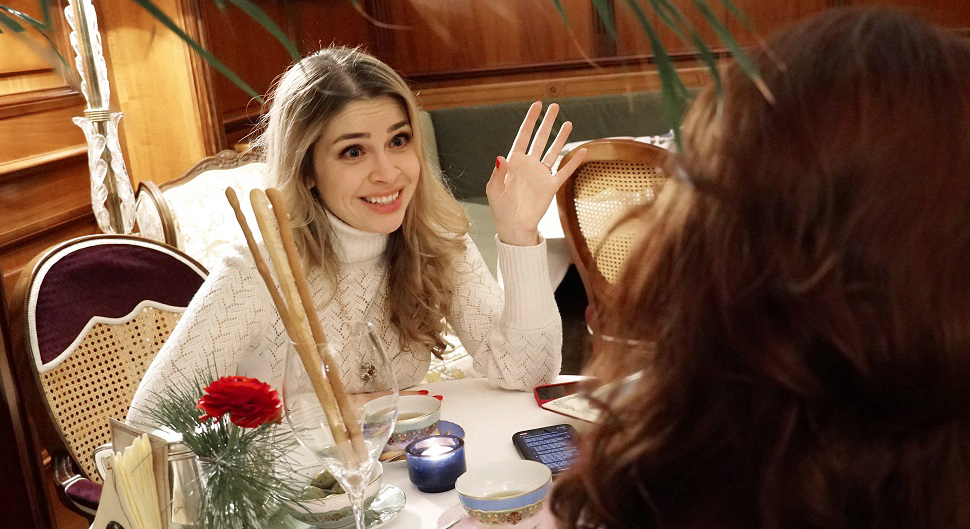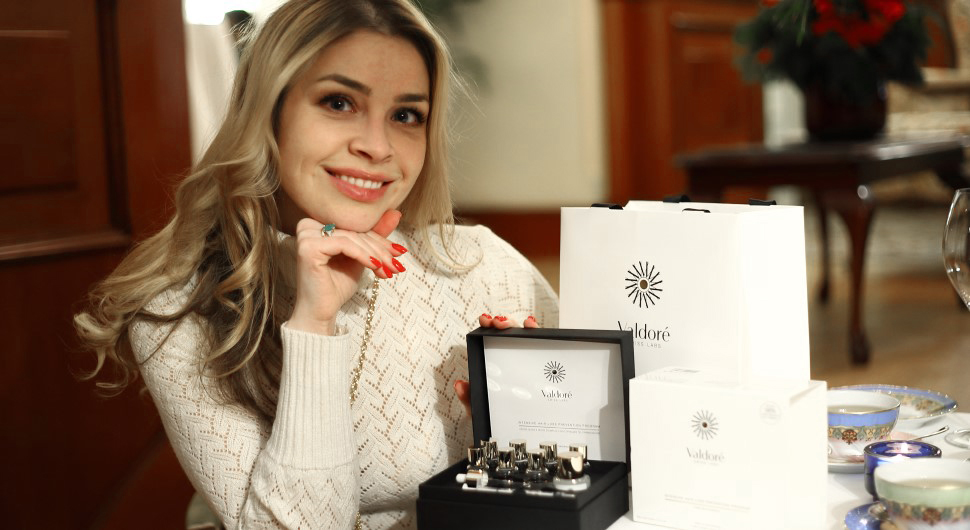Alina Yarovaya, Opera Singer, soloist of Bolshoi Theater, soloist of Moscow Philharmonic
1. Alina, how did you come to academic singing? What attracted you to the opera?
I loved music from early childhood, and the performance of my favorite compositions caused admiration. I started singing at a very early age, and I did it well. I quickly memorized the parts, sang them cleanly, soloed, and felt the melody. Remember one of my first performances: at the age of two, I perfectly sang “The forest raised a Christmas tree...” (V lesu rodilas iolochka) which is challenging from the musical part. Later I entered a music school, and the teachers noted my talent. So I unexpectedly embarked on the path of academic singing - the classical formulation of voice and breathing.
I loved music from early childhood, and the performance of my favorite compositions caused admiration. I started singing at a very early age, and I did it well. I quickly memorized the parts, sang them cleanly, soloed, and felt the melody. Remember one of my first performances: at the age of two, I perfectly sang “The forest raised a Christmas tree...” (V lesu rodilas iolochka) which is challenging from the musical part. Later I entered a music school, and the teachers noted my talent. So I unexpectedly embarked on the path of academic singing - the classical formulation of voice and breathing.
Academic singing fascinated me. In childhood I imagined myself in a fantasy world, constantly tried to get into fairy-tale characters. It was classical music that carried me into the magical world of creativity. Thanks to the opera, the world becomes brighter, juicier, and franker: people without words understand each other in the flight of the soul. There is always powerful energy to exchange with the audience. Spectators always feel when you are honest with them, as your voice, music, and performance can express more than words and aligned notes. For me, singing is not only about sharing my talent with others but about opening my soul to my audience.
I tried myself in different musical genres but soon realized that it was not mine. And I love various music genres - from pop to punk and rock - the works of many can impress me. But rock is hard for me to sing. I assume that every singer needs to try and find his own because we are not talking only about sympathy for the genre. A build plays an enormous role: timbre, nature of the vocal apparatus, the structure of the larynx - all these factors influence the quality of the performance. Therefore, some singers can only perform Mozart or only Verdi.
2. What kind of music do you listen to? Which one do you like most?
While working, I have to sort out and analyze many complex music pieces. When taking a break, I prefer listening detachedly to the radio. Also, I love jazz, Soviet music, and its performers. Among my favorites are Mark Bernes, Leonid Utyosov. There is something precious, warm, and soulful in their voices. If we talk about contemporary performers, then I go for Varvara Vizbor, Ani Lorak. Unfortunately, recently, in my opinion, less complex intellectual music has been written, and dance music is shutting out everything else. But any man needs rest. And serious music is very demanding on the listener: it needs due attention. Therefore, I will never listen to the works of Rachmaninov in the car or at home. They immerse you in a meditative state and carry you away to another dimension.
3. Do you have cherished dreams as a singer?
I have many wishes that I would like to fulfill. One of them is to sing a duet with Andrea Bocelli. I am spellbound by his talent for singing and creating music, not to mention his fine human qualities. He has an impressive repertoire - a combination of classical and contemporary music.
I would also love to sing in a musical, though it is an unusual genre for me. A dynamic opera play may resemble a musical to some extent, except for several refinements. For example, there are no lavalier microphones (body mics) in opera, the actor cannot turn your back to the audience and everything depends only on your sound presentation. Thus, the musical performance would be a new experience for me.
4. Every performance is a heavy emotional load. Tell me, do you feel anxious before going on stage? How do you deal with the feeling?
Honestly, I get excited every time I go up on stage. Some believe that excitement goes away with experience, but “excitement” accompanies the artist's responsibility. I think it's better to feel in awe than indifferent to your performance and the audience. Excitement gives excess energy, which helps on stage: an artist can amazingly prove himself. Therefore, I do not struggle with excitement, accepting it. It strengthens me and helps during the performance.











